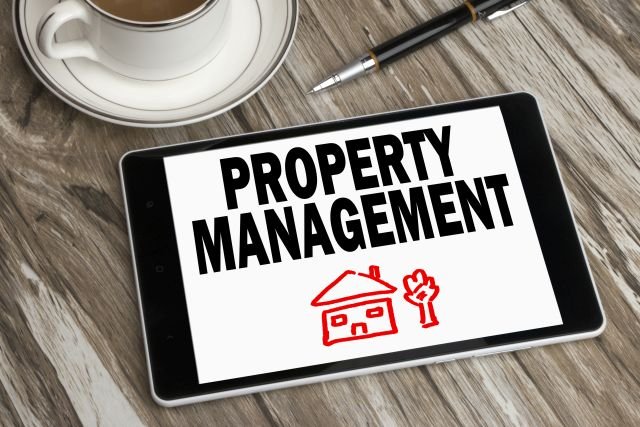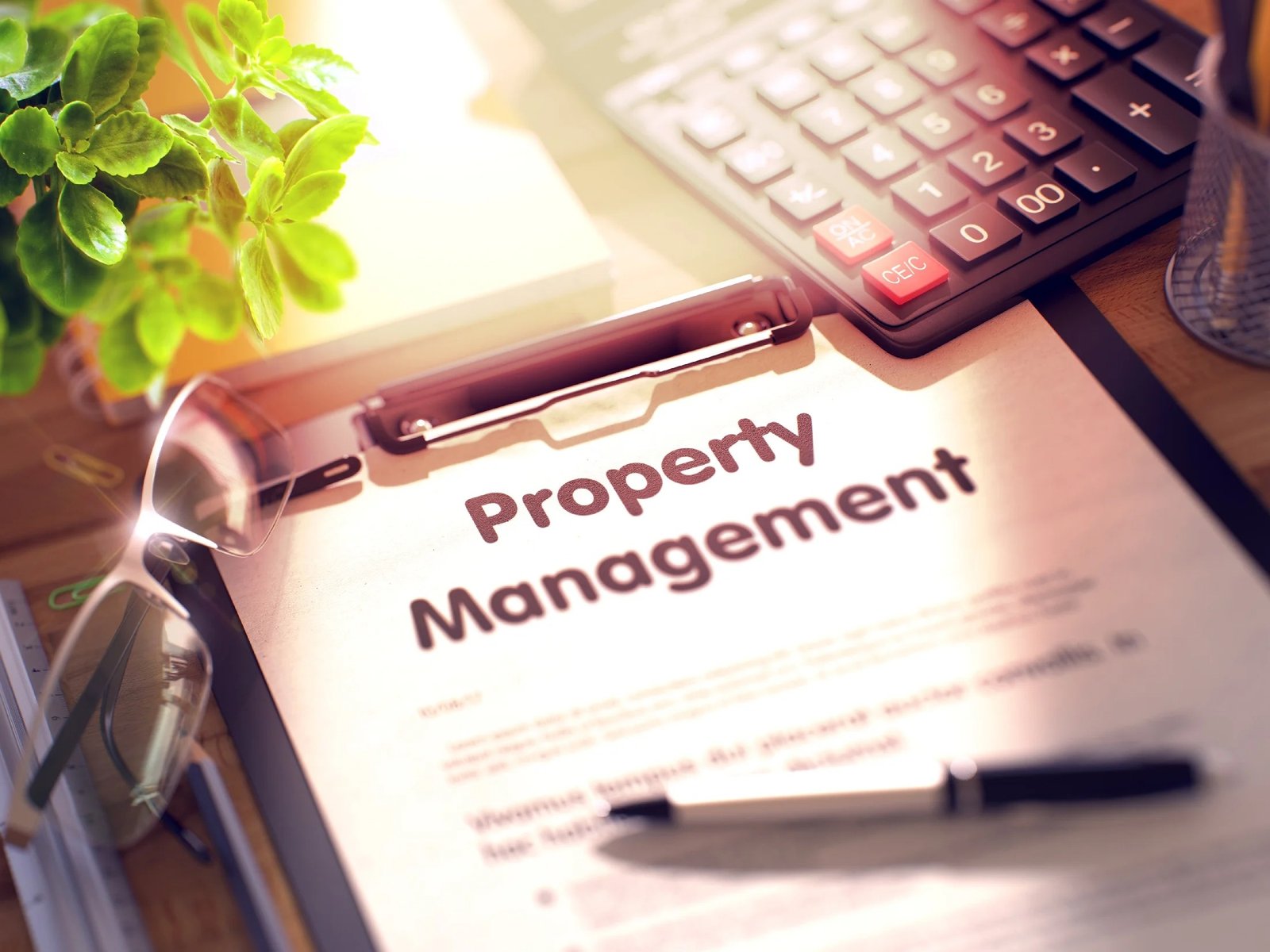Property management in Australia requires a comprehensive understanding of the market, legal regulations, and best practices to ensure efficient and successful management of properties. From tenant screening to maintenance and financial management, property managers need to implement strategies that maximise the return on investment for property owners while ensuring tenant satisfaction.
In this post, we will explore the key strategies and best practices for efficient property management in Australia, covering essential aspects such as tenant screening, property maintenance, legal compliance, and financial management.
Understanding the Australian Property Market
Understanding the Australian property market is crucial for successful property management in Australia. Property managers must stay informed about market trends, legal regulations, and best practices to ensure efficient management of properties. From tenant screening to maintenance and financial management, implementing strategies that maximise the return on investment for property owners and ensuring tenant satisfaction is paramount.
This post will delve into the various aspects of the Australian property market, covering essential elements such as tenant screening, property maintenance, legal compliance, and financial management, to provide valuable insights for property managers seeking to excel in this dynamic and competitive market.
Effective Property Maintenance and Upkeep
Effective property maintenance and upkeep play a pivotal role in ensuring the longevity and value of real estate assets. Property managers in Australia must prioritise regular inspections, proactive maintenance, and timely repairs to uphold the property’s appeal and functionality. This involves coordinating with reliable maintenance professionals, conducting thorough assessments of structural and cosmetic aspects, and adhering to legal standards for property upkeep.
Additionally, implementing preventive maintenance schedules and promptly addressing tenant-reported issues contribute to tenant satisfaction and overall property performance. By emphasising proactive property maintenance, managers can safeguard the investment value for property owners and foster a positive living experience for tenants in the competitive Australian real estate market.
Tenant Management and Communication
Tenant management and communication are integral components of efficient property management in Australia. Proactive communication with tenants fosters positive relationships and ensures prompt resolution of issues, contributing to tenant satisfaction and retention. Property managers must establish clear lines of communication, promptly address inquiries and concerns, and provide transparent information regarding lease agreements, property maintenance, and any changes in regulations or policies. Utilising various communication channels, such as email, phone, and online portals, facilitates effective tenant engagement.
Additionally, implementing structured processes for addressing tenant feedback and concerns is crucial for maintaining a harmonious and productive landlord-tenant relationship.
Financial Management and Budgeting
Financial management and budgeting are critical aspects of property management in Australia, demanding an in-depth understanding of financial principles and market dynamics. Property managers need to meticulously oversee income and expenses, formulate comprehensive budgets, and identify opportunities for cost optimisation and revenue enhancement. This entails conducting thorough financial analyses, monitoring cash flow, and implementing strategic financial plans aligned with the property’s objectives and market conditions.
Moreover, maintaining meticulous records, adhering to regulatory requirements, and leveraging financial tools and technologies are essential for effective financial management. By prioritising sound budgeting and financial stewardship, property managers can drive sustainable profitability and long-term success for property owners in the dynamic Australian real estate landscape.

Compliance with Australian Property Laws and Regulations
Compliance with Australian property laws and regulations is a fundamental requirement for property managers seeking to ensure the efficient and successful management of properties in the dynamic real estate market. Understanding and adhering to the legal framework governing property management is crucial for mitigating risks and safeguarding the interests of property owners and tenants alike. Property managers must stay abreast of evolving regulations, conduct thorough due diligence, and implement robust compliance processes to uphold ethical and legal standards. This necessitates proactive engagement with legal professionals, regular training on legislative updates, and the establishment of stringent protocols to ensure comprehensive compliance across all facets of property management.
Conclusion
Efficient property management in Australia demands a multifaceted approach that encompasses tenant screening, property maintenance, legal compliance, financial management, and tenant satisfaction. By implementing these key strategies and best practices, property managers can uphold the value of properties, mitigate risks, and ensure a positive experience for both property owners and tenants. Staying informed about industry trends and regulatory changes and leveraging technology can further enhance the efficiency and effectiveness of property management in the dynamic Australian real estate market.










